Despite the attention given to economic frustrations, today’s American populism is as much or more about culture and identity. Populist wrath toward corporate and political power-brokers often stems from cultural disorientation, dislocation, and tension. And for some populists, it stems from prejudice toward people who are ethnically or culturally different.
Whereas economic frustrations highlight the fact that populists are saying “we” (the populists) suffer because of “them” (the elite), cultural frustrations strike at the heart of how one even defines who “we” are. Many forms of populism today experience the tension of “we” versus “them” in terms of cultural values and traditions. And while economic factors sometimes exacerbate the effects of the current cultural divides, the economy is not the root cause of those divides.
Populists often assert that the cultural elite have fundamentally and undemocratically rejected their sources of cultural identity as subhuman. Indeed, everyday Americans often perceive that they have no voice in determining the boundaries or identity of the American “we.” America is being re-defined, so they sense, in a way that leaves them out.
Populists feel this disempowerment especially in relation to their inability to stem the tide of mass immigration. They are unable to determine who can or cannot enter the country, who will or will not be given the opportunity to pursue citizenship, and what is or is not acceptable historical heritage. It should also be noted that identity frustrations are not limited to concerns about ethnic heritage and related cultural identity. Many everyday Americans also resent that the legal elite—the Supreme Court and other courts—have robbed them of their voice on basic cultural concerns such as gender, sex, and marriage.
Each of these issues touches on the question of who has the power to determine not only cultural tastes or preferences, but also fundamental norms for speech, belief, and identity. Who gets to define what America is? Who are “we,” and—more pressingly—who is not? The populist backlash can be understood as a counteraction to their cultural disempowerment. A populist motto along these lines might candidly proclaim, “Make America us again.”
How should we evaluate identity-driven populism?
As with the economic picture, populists have recognized significant problems endemic to our cultural moment. They are right that the “culture wars” are fracturing our society and our cultural institutions. Americans are divided and polarized at the most fundamental level: we no longer have a clear picture for what it means to be American. Gone are the days when there was more of a sense of shared experiences, ideals, and norms that allowed us to live peaceably together. And at an even deeper level, we are divided about who should have the power to make such determinations. Populists, for their part, want to have a real voice and power in answering those questions. They believe their voice and power are being actively suppressed and for that reason it is unsurprising that they are using their “outside voice” in coffee shop conversations and in Facebook exchanges.
Populists are also right to value local expressions of democracy. They recognize that our cultural and political elite have worldviews shaped by their metropolitan and cosmopolitian contexts, and that those elites are dictating terms of identity to ordinary citizens who live in very different social and cultural contexts. This populist perception of a locally-grown “we” and a distant and overlording “they” helps remind us that individuals’ identity is determined first and foremost by their proximate cultural context, and that this is a fundamentally good thing. We are most fundamentally defined by the relationships we share with those near us—our families, our neighborhoods, and our local communities. To retain our unique value as embodied humans, we must preserve local identities in the face of homogenizing forces that force upon us a generic global or pan-national identity.
Yet, many American populists wrongly exhibit fear, disrespect, prejudice, and sometimes even hatred for people of other ethnic, cultural, or national heritages. Even worse, some attempt to cloak their xenophobia or racism in terms of “Christian identity.” But as I have argued repeatedly, we must openly resist such degradations as diametrically opposed to biblical Christianity. Scripture teaches that God created each human being in his image and likeness (Genesis 1:27-28).
More to the point, he sent his Son—in a brown Middle Eastern body nonetheless—to save the whole world, including sinners of every race and ethnicity (John 3:16). Genuine Christianity does not cling to cultural or ethnic identity as paramount, but rather overcomes social, ethnic, and gender barriers (Galatians 3:26, 28). When Christ returns to institute a one-world government and a one-party system with himself at the head, he will revel in the unified worship of every tribe, language, people-group, and nation (Revelation 5:9). Those who suggest that Christianity leads its adherents to elevate their own ethnic status at the expense of others have the entire freight of the New Testament leveled against them.
Whatever frustrations we Americans might have stemming from globalization, mass immigration, or other culturally-disorienting factors, we should express those frustrations in ways that nonetheless recognize the humanity and dignity of immigrants and people of other ethnic and cultural heritage.
If Americans will ascribe dignity to our fellow citizens and residents—regardless of the social, cultural, and political differences we have with them—we will have made the first and most significant step toward cultivating a baseline pre-political unity. This is no small feat. This baseline unity, as Roger Scruton argues, will enable us to retain a basic respect and trust that can keep our society healthy even in spite of political decisions and outcomes. Yes, the challenges are significant: the “we” of our society is unclear; the “what” of our societal norms is fluid; complicating both problems is the overarching political correctness that prohibits honest discussion about defining the “we” and the “what” altogether. Still, I believe it is possible for us to find a way to recover the notion of “our country” underlain by a unified identity—an identity built not upon race or ideology, but on proximity, common ideals, and shared experience.
Subscribe
Never miss a post! Have all new posts delivered straight to your inbox.


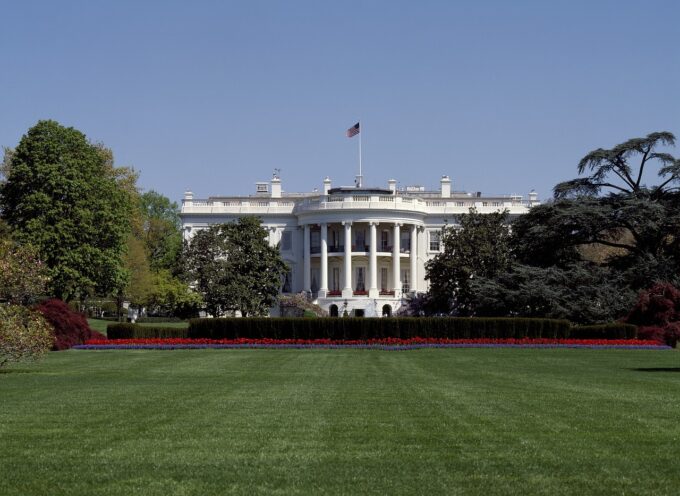
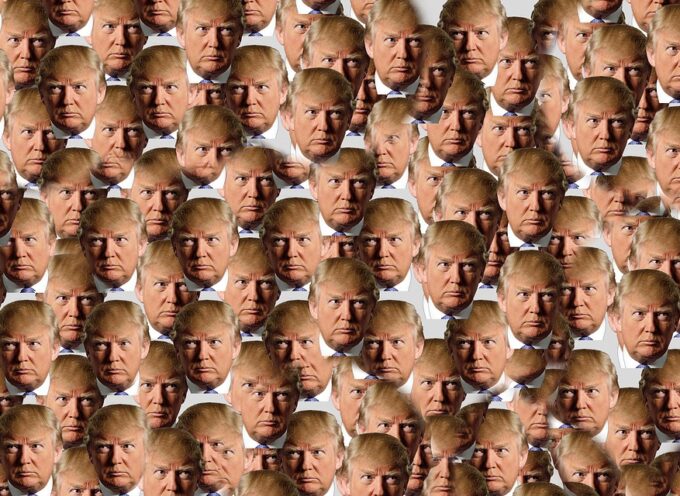
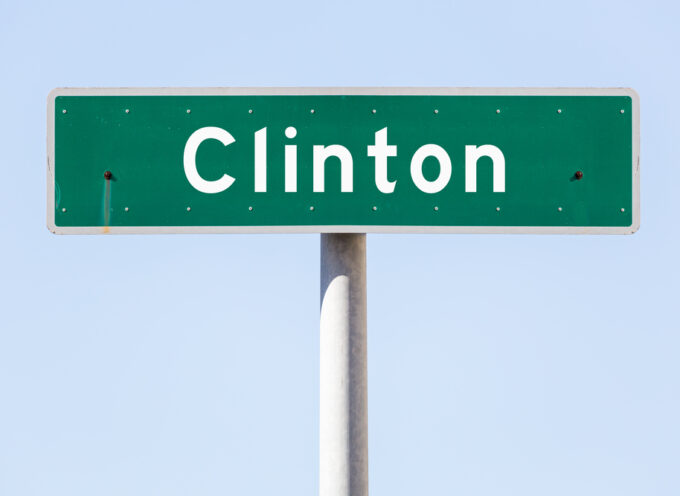
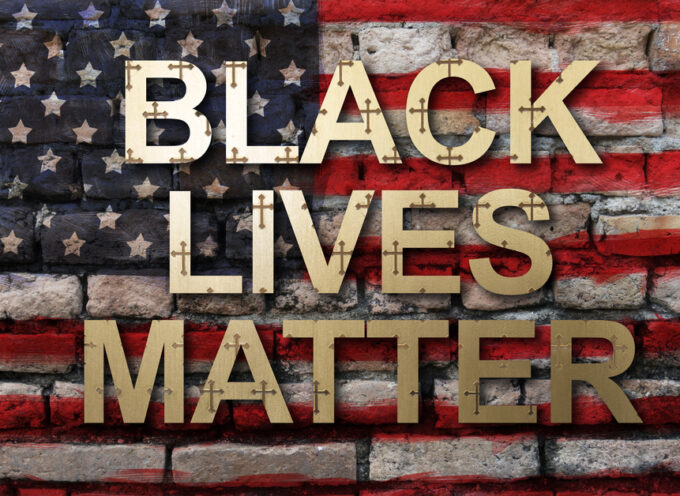
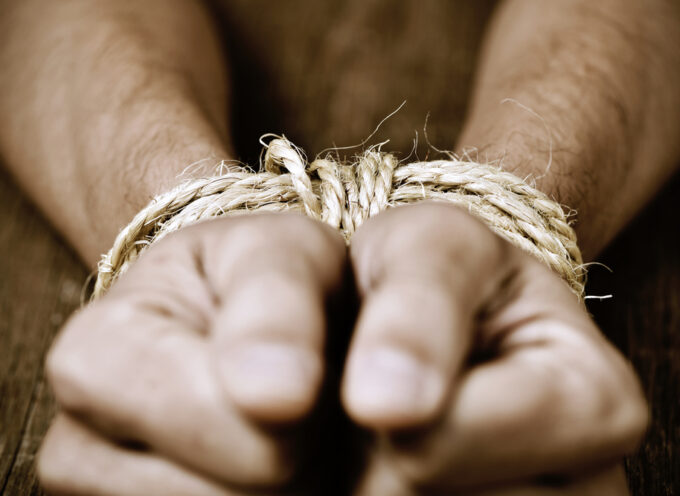
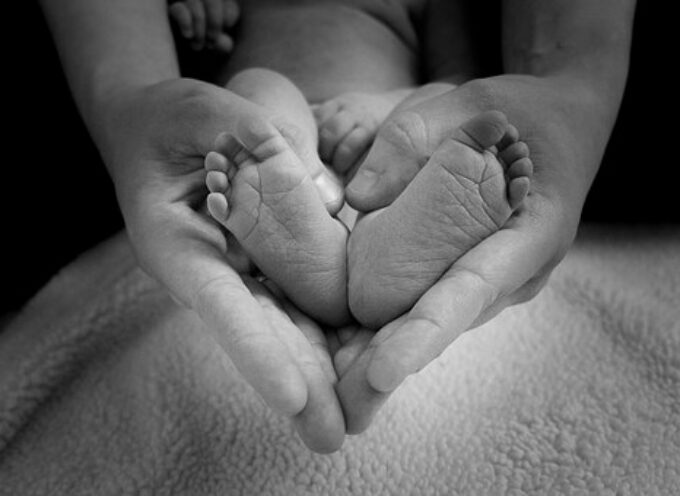
Bruce, you are taking on a really complex, nuanced issue here. Kudos to you. I want to pick on one thing I think is really important. You say:
“They recognize that our cultural and political elite have worldviews shaped by their metropolitan and cosmopolitian contexts, and that those elites are dictating terms of identity to ordinary citizens who live in very different social and cultural contexts.” Your construction implies that “ordinary citizens” don’t live in/can’t be from “metropolitan and cosmopolitan” contexts. That of course, is incorrect. It sounds like you are substituting “ordinary citizen” for “rural, small town dweller.” Yes, since somewhere in the early 1900s, citizens in metropolitan and cosmopolitan contexts have been the more influential in America’s national political scene than rural citizens. Since 1920 more Americans live in areas the census bureau defines as “urban” than rural. It’s just our changing times. But there are plenty of “ordinary citizens” in those urban centers! We can’t forget they are as “American” (everything that means) as those who are not dwelling there!
I just ran across this series, and have found it to be a helpful read.
I do, however, question the assertion that populist resentment against elites is necessarily reactive. I don’t see it that way. Consider that elite viewpoints often represented the majority viewpoint in many urban areas. But elites were unable to enact laws consistent with their local culture because populists controlled the apparatus of state government. So, elites were forced to develop alternate strategies, which included turning to the courts. But if elites had been afforded the freedom to make local laws consistent with their culture, it’s unlikely that they would have felt any need to resort to the courts.
I grew up in Indianapolis. If you’d had a popular referendum on same-sex marriage in the early 2000s in Indianapolis, it’s likely that it would have succeeed narrowly. By 2015, when same-sex marriage came to Indiana by judicial decree, support in Indianapolis was overwhelming. Even so, a populist majority in the rest of the state could prevent Indianapolis from passing laws that were consistent with its cultural values. And there are countless other similar examples.
In many cases, the quasi-boundaries of metropolitan areas are far more significant these days than state boundaries. That’s especially true on many social and cultural issues. On many of these issues, it makes little sense to demand statewide uniformity. But the extant legal structures require statewide uniformity, and assume a kind of statewide cultural uniformity that is often lacking. And this exacerbates cultural tensions. Elites in places like Indianapolis feel besieged by a populist majority. So, they seek redress in the courts. But, when the courts strike down certain laws favored by the populist majority, the tables are flipped and the populists feel besieged.
Following the repeal of Prohibition, we typically allowed local governments to make decisions concerning alcohol distribution that made sense locally. We didn’t force locales that were opposed to alcohol sales to start selling alcohol. On a number of socio-cultural issues, we probably need to do something similar. Our current struggles result from much of this tit-for-tat approach. Populists have tended to use their majority status to use state legislatures to impose their values onto unwilling elites in urban areas, and elites have responded by using the courts to impose their values on an unwilling populist majority. But, as someone who grew up in a socially moderate metropolitan area in an overwhelmingly populist state, I don’t see where elites fired the first shot on the Culture Wars. In many cases, e were forced to run to the courts to preserve our local culture from populist attack.
That said, I grew tired of living in that kind of battle-hardened environment. So, I moved to Boston.